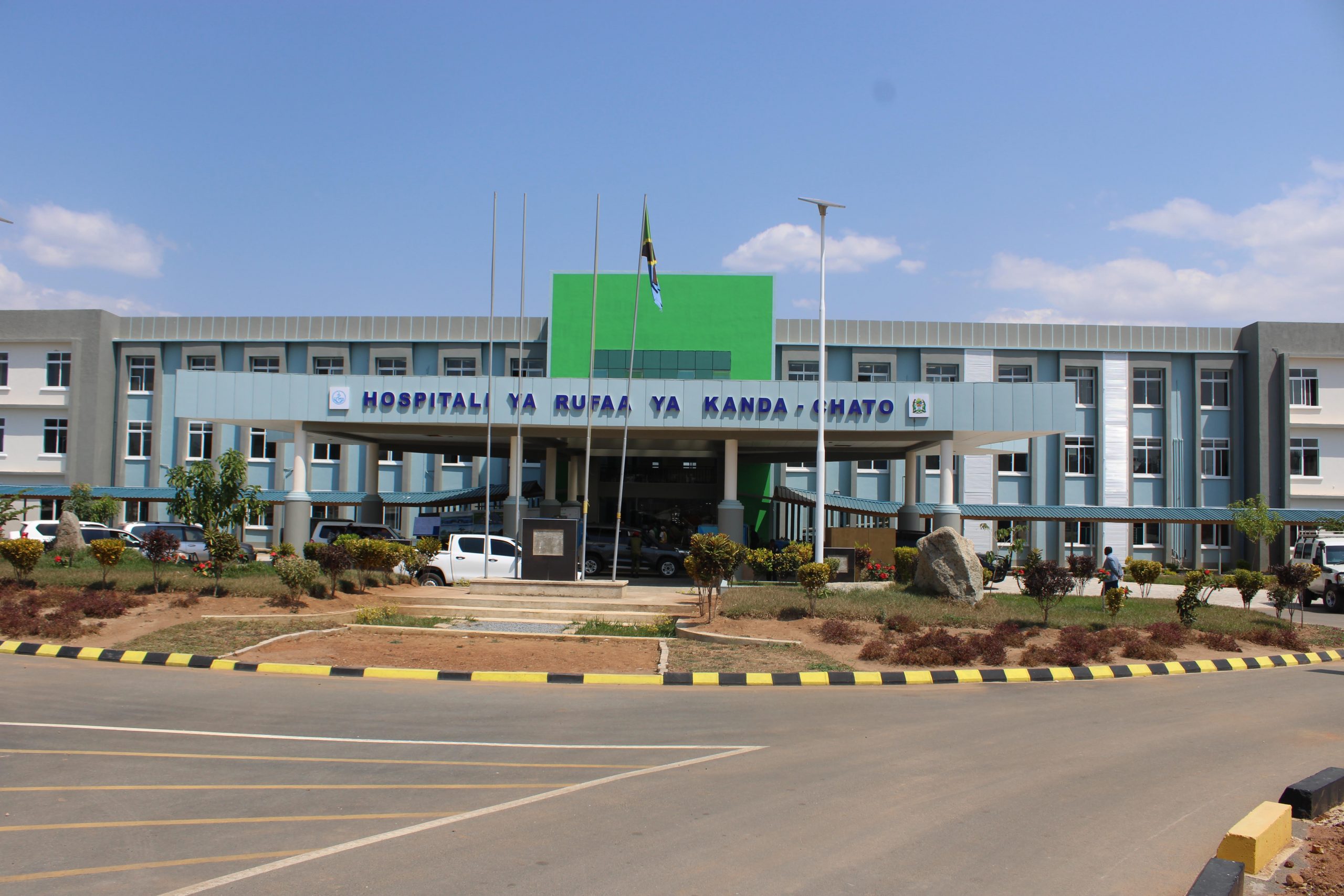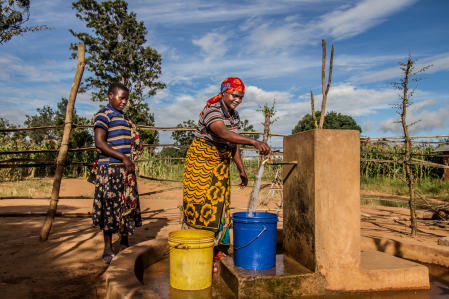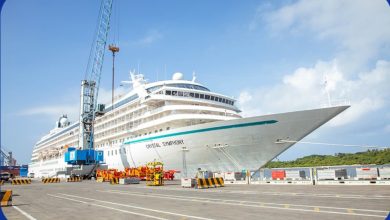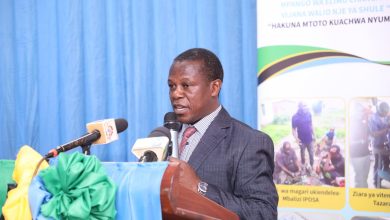Tanzanians’ lives improve with enhanced services

DODOMA: THE Chama Cha Mapinduzi (CCM) Party’s 2020-2025 Manifesto has led to significant improvements in the country’s social services, especially in healthcare, education and water supply, over the past four years, according to a report released yesterday.
These efforts demonstrate the government’s commitment to enhancing the lives of Tanzanians by ensuring access to highquality social services, which address fundamental needs.
During the CCM General Meeting held in Dodoma yesterday, Prime Minister Kassim Majaliwa presented a comprehensive report outlining the government’s achievements in these vital sectors.
Listing them he noted that the healthcare sector has undergone notable improvements due to strategic investments in infrastructure, medical equipment and personnel training. The government has constructed 183 new healthcare centres, including facilities equipped for emergency obstetric care.
Regional referral hospitals in Songwe, Geita, Katavi and Simiyu are now fully operational. The number of hospital beds has increased to 126,209, achieving a ratio of 2.1 beds per 1,000 people, which is nearly in line with World Health Organisation standards. The private sector has also seen growth, with the number of health facilities increasing from 2,602 in 2020 to 2,674 in 2024.
The availability of medicines in public healthcare facilities has improved to 89.3 per cent. The government has invested in advanced medical equipment, including PET CT scanners, Angio Suites and MRIs, improving disease diagnosis across various centres in the country.
Other key achievements include a reduction in maternal mortality from 556 deaths per 100,000 live births in 2020 to 104 in 2024 and a decrease in under-five mortality from 67 per 1,000 live births in 2020 to 43 in 2024.
Additionally, the industry for producing traditional medicine in Mabibo has been completed, with a capacity to produce 600 litres per hour. The government has also facilitated the establishment of 54 private-sector-owned drug manufacturing industries.
The Integrated Community Health Workers Programme has trained 8,900 health workers to serve in various regions. Fifty-two health professionals have been sent abroad through the “Dr Samia Health Scholarship Programme” to specialise in the health sector.
The government has also succeeded in increasing medical tourism, with the number of foreign patients rising from 5,705 in 2022 to 10,324 in 2024, owing to the high-quality, affordable healthcare services available in the country.
Regional referral hospitals now offer eight specialised medical services, previously available only in zonal hospitals and 317 specialists have been trained and assigned to these hospitals.

Furthermore, 8bn/- has been allocated to subsidise specialised treatments for indigent patients, including kidney transplants, cataract surgery and major heart surgeries.
These services were delivered through specialised doctor campaigns organised by President Dr Samia Suluhu Hassan across all 184 districts.
Through these campaigns, 84,248 patients received specialised medical services and 13,035 received highly specialised treatments.
ALSO READ: National grid power capacity expands by 8.75 per cent
Additional specialised medical camps have also been conducted in Comoros, Malawi, Mozambique and Zambia. The M-Mama system, designed to provide rapid transport for pregnant women in need of healthcare, has benefitted 86,235 pregnant women and 19,295 children by December 2024.
Free medical services have been expanded, with 3,231,239 elderly citizens receiving free treatment and healthcare cards. In education, the government has made significant progress, including the review of the 2014 Education and Training Policy (2023 Edition) and improvements in the curriculum, which now emphasises self-reliance and ethical values.
The budget for free education has increased from 312.5bn/- in 2020 to 796.38bn/- in 2024, benefiting 16,155,281 students in 2024, up from 14,940,925 students in 2020. Infrastructure improvements in primary and secondary schools have been substantial, with the number of primary schools rising from 16,656 in 2020 to 19,783 in 2024.
Additionally, 26 secondary schools for girls in forms five and six have been constructed in 26 regions to ensure that girls receive quality education.
Vocational training institutions have completed renovations and the budget for higher education loans has increased from 464bn/- in 2020 to 786bn/- in 2024. Scholarships have been introduced for students in priority fields, such as healthcare, science and technical studies.
The government has continued to strengthen the management and implementation of policies, strategies and programmes for water sector development, advancing research on best technologies for water supply and sustainable water resource management.
From November 2020 to November 2024, 1,633 water projects have been implemented, including 1,335 in rural areas and 298 in urban areas. As a result, rural water access has increased from 70.1 per cent to 79.6 per cent and urban water access has risen from 84 per cent to 90 per cent.

The large Arusha water project has expanded production from 40 million litres to 200 million litres per day and service hours have increased from 12 to 24 hours.
Construction of water projects in 28 cities, at a cost of 1.58tri/- and the completion of 218 projects through the COVID-19 Recovery Fund have benefitted 2.09 million people. The Kidunda Dam, costing 329.46bn/-, has begun construction to ensure yearround water supply from the Ruvu River, a primary water source for Dar es Salaam and surrounding areas.
The first phase of the Same, Mwanga and Korogwe Water Project, which will benefit around 450,000 people, has been completed.
Additionally, 1,092 wells have been drilled across the country and the use of ICT systems to improve water services has been strengthened.





